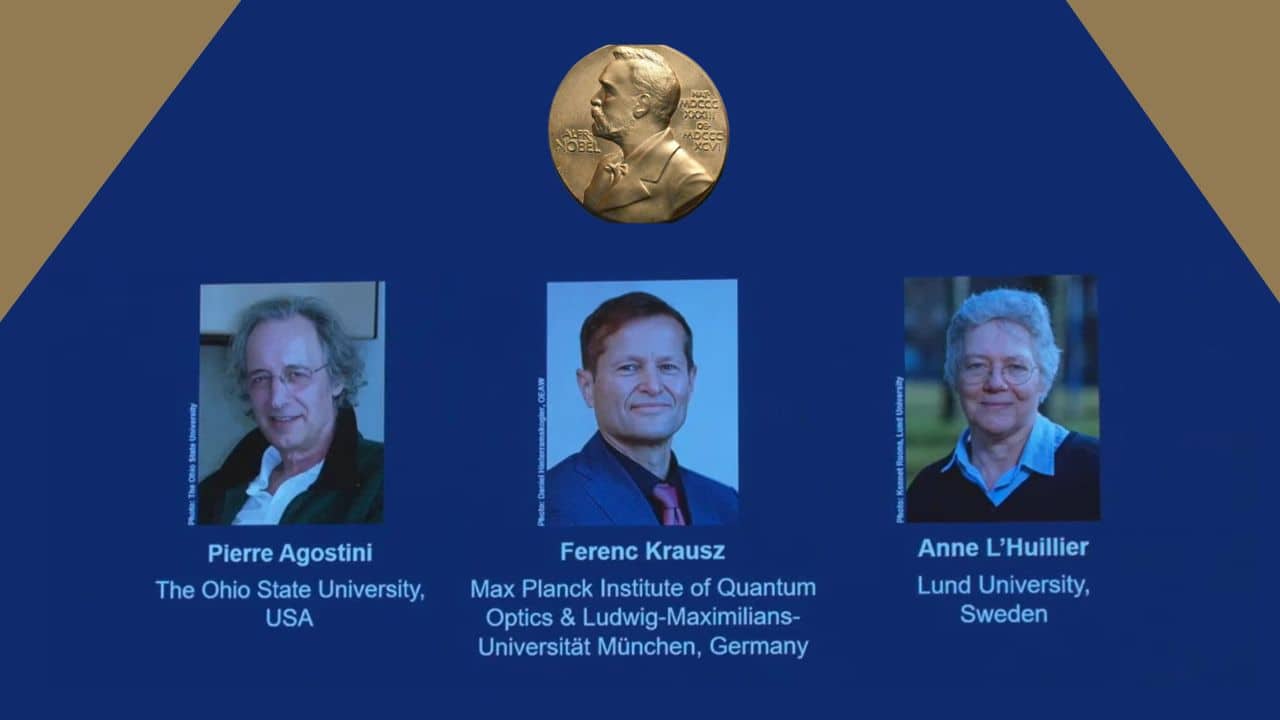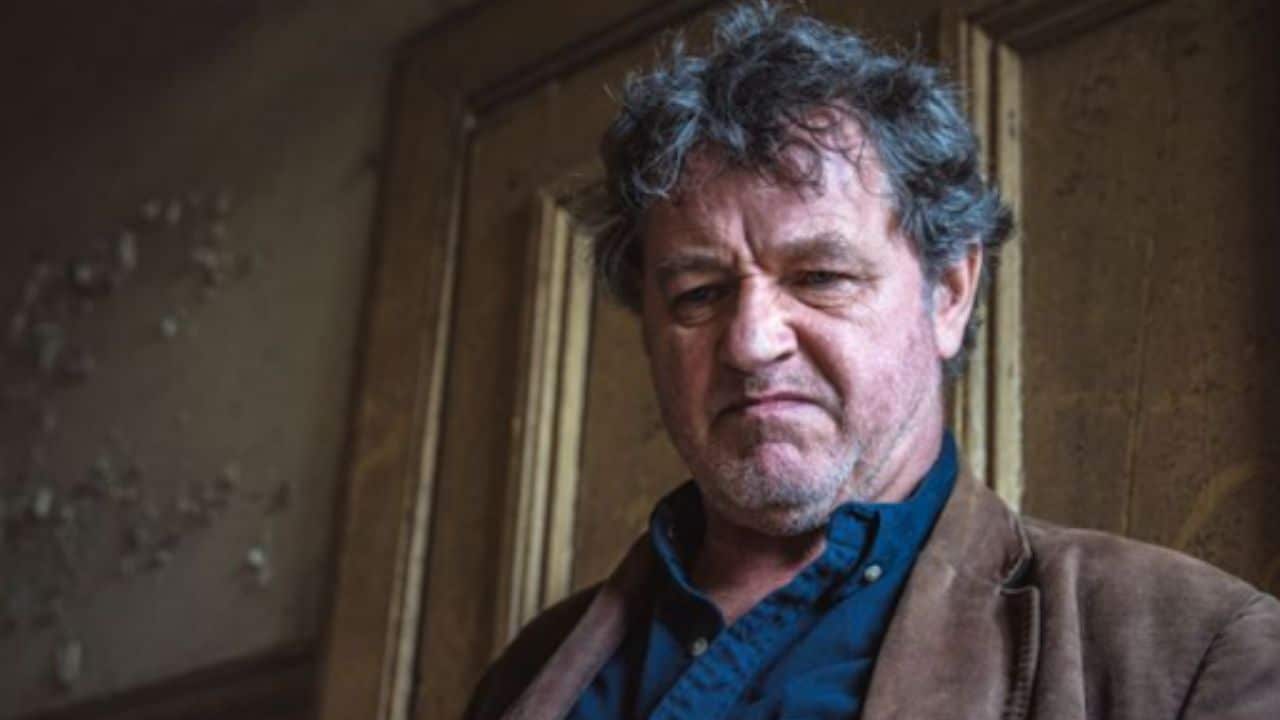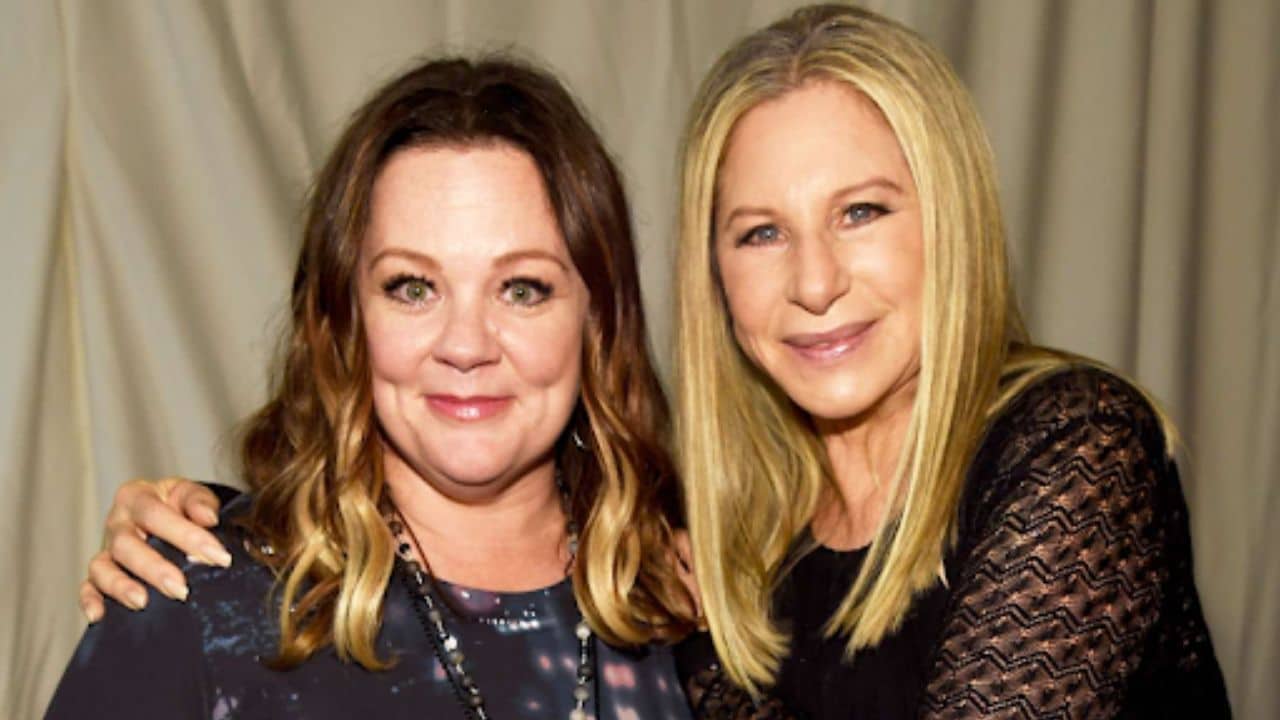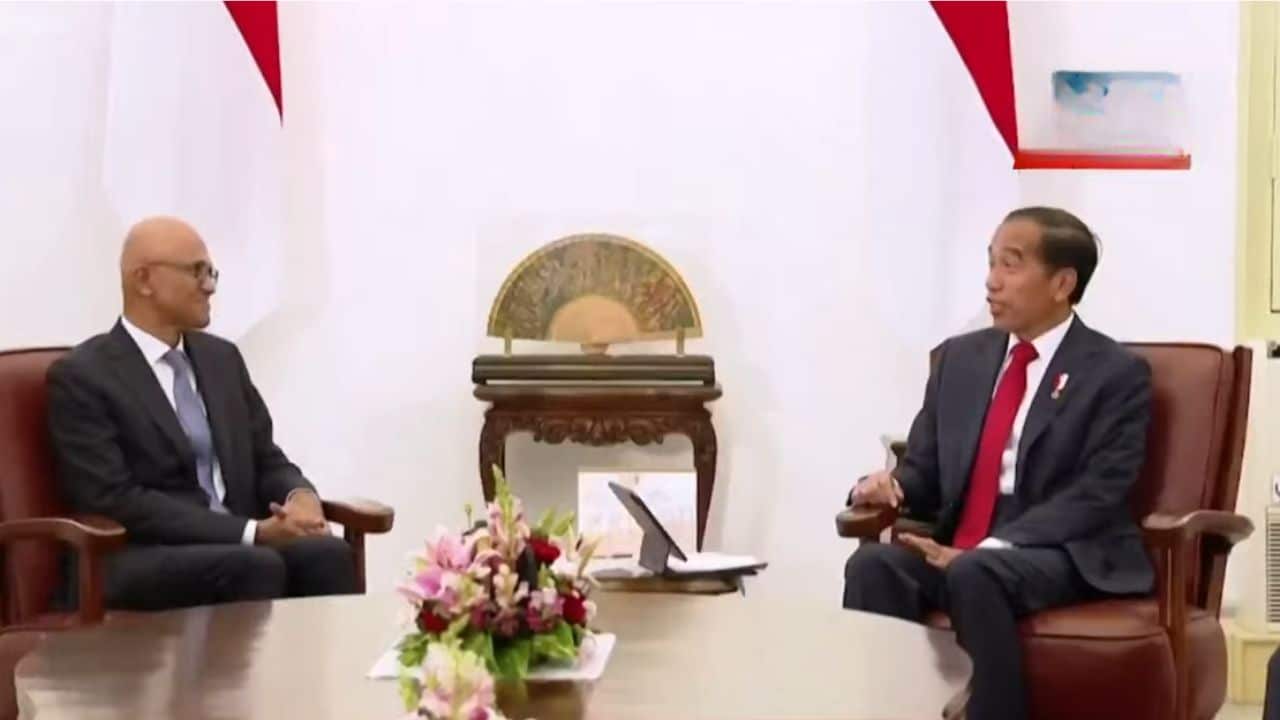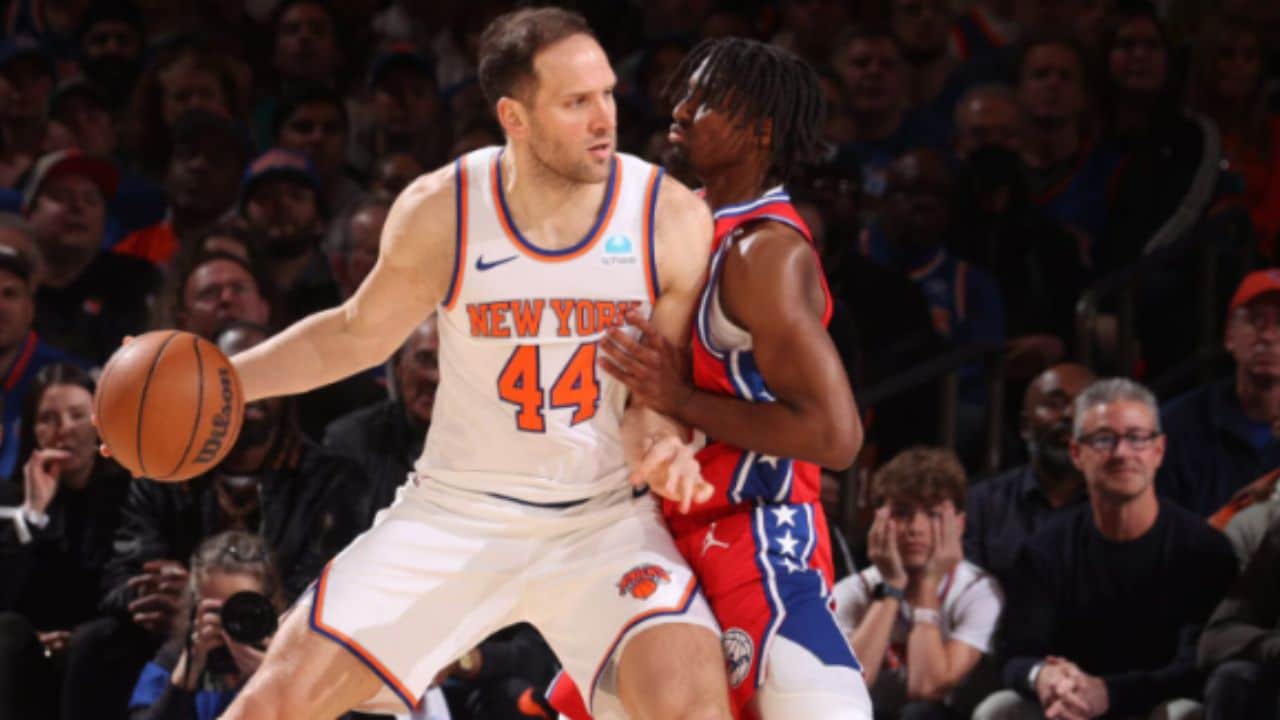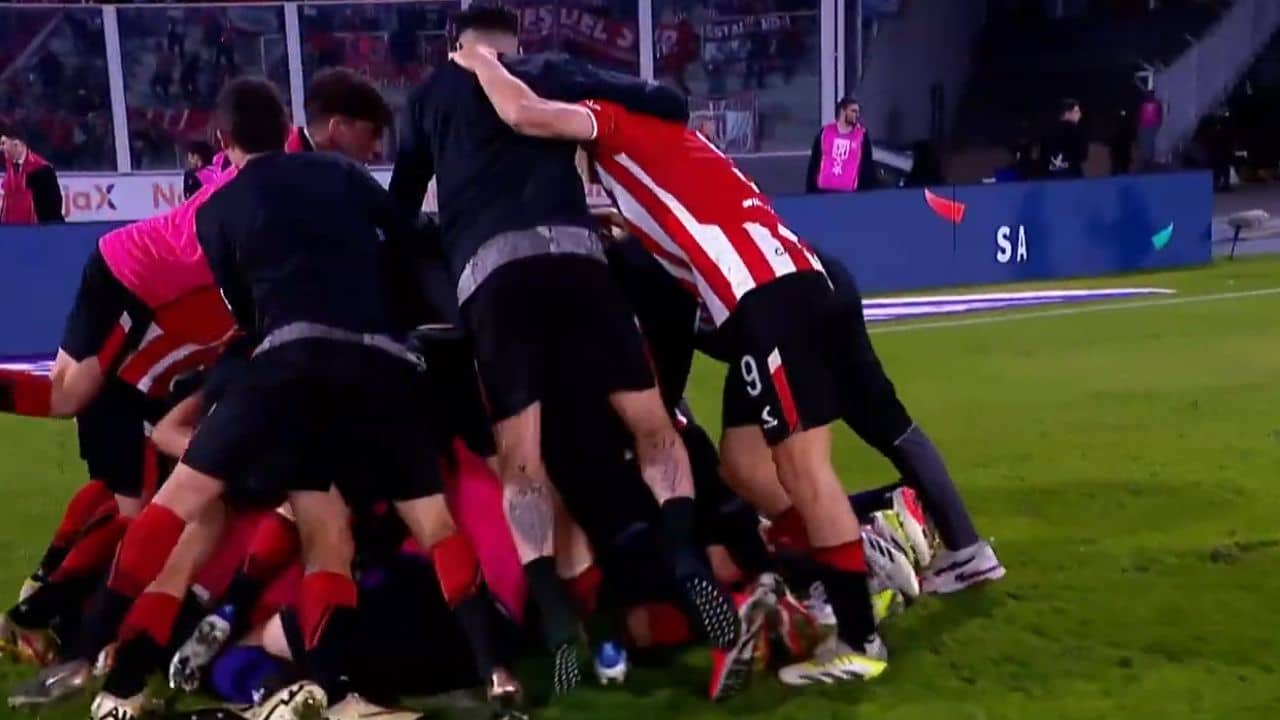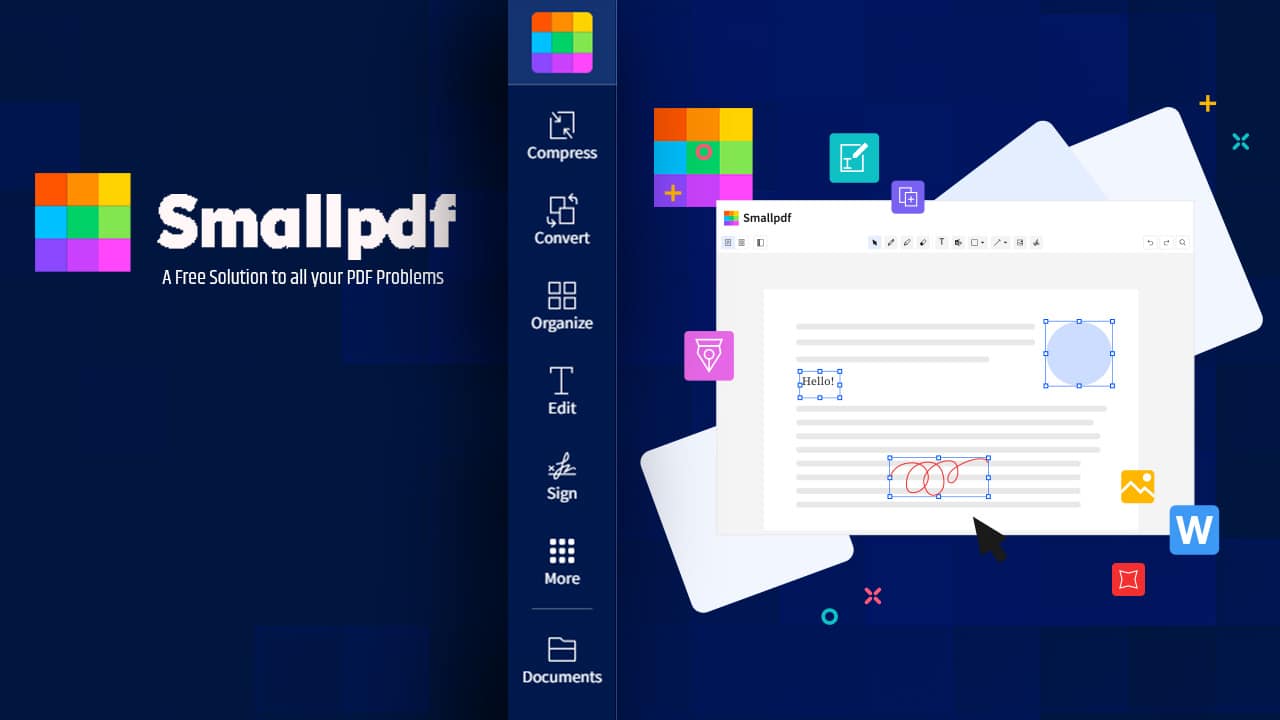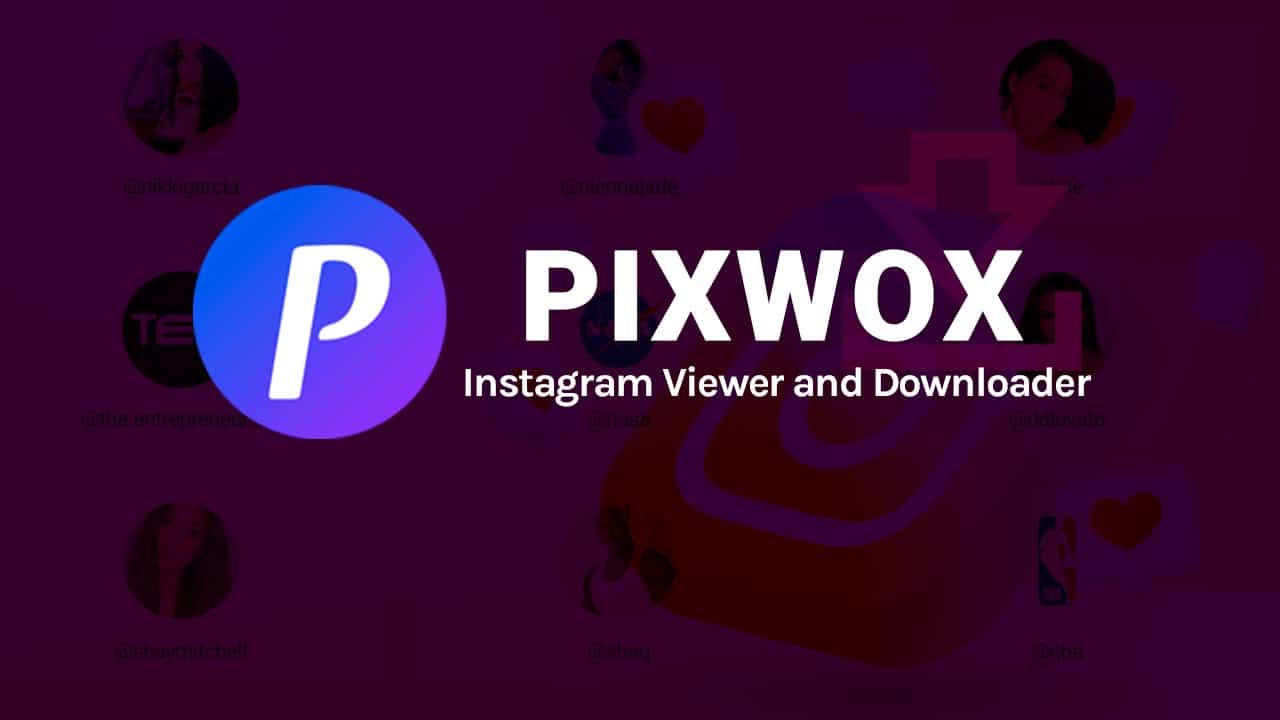The 2023 Nobel Prize in Physics was awarded to scientists Pierre Agostini, Ferenc Krausz, and Anne L’Huillier for developing exceedingly tiny pulses of light that may capture processes inside atoms and molecules, work that could revolutionize medical diagnostics and electronics.
The Nobel committee stated that their research had provided humanity with new instruments for investigating the movement of electrons inside atoms, where changes occur in a few tenths of an attosecond – a unit so brief that there are as many attoseconds in one second as there have been seconds since the universe’s creation.
The Royal Swedish Academy of Sciences bestows the prize, which was increased this year to 11 million Swedish crowns (about $1 million).
“The ability to generate attosecond pulses of light has opened the door on a tiny, extremely tiny time scale, and it’s also opened the door to the world of electrons,” said Eva Olsson, a member of the Nobel Prize in Physics Selection Committee.
Previously, it was assumed that these changes in electrons could not be observed, but the use of attosecond pulses has changed this, she says. Additionally, you can also read about- mRNA Vaccine Pioneers Kariko and Weissman Win Nobel Prize 2023 in Medicine
The field offered potential in areas such as a novel in-vitro diagnostic approach to detect typical molecular evidence of illnesses in blood samples, according to the academy.
Agostini and L’Hullier, both French-born but working in the United States and Sweden, were swiftly congratulated by France’s Minister of Higher Education, Sylvie Retailleau, who called them a “great source of pride.”
“It is really a prestigious prize, and I’m so happy to get it,” L’Huillier said over the phone after learning she had won the prize in the middle of a lecture. It’s amazing.”
Agostini is a professor at Ohio State University in the United States, and she works at Lund University in Sweden.
Hungarian-born Krausz is the head of Germany’s Max Planck Institute of Quantum Optics.
The physics prize is the second to be granted this week, following the medical prize given to Hungarian scientist Katalin Kariko and her American colleague Drew Weissman for discovering mRNA molecules that cleared the path for COVID-19 vaccinations.
The Nobel Prizes in Science, Literature, and Peace, established in the will of dynamite inventor and industrialist Alfred Nobel, have been presented with a few interruptions since 1901, becoming perhaps the highest honor for scientists worldwide.
Read More: Nobel Prize History: A Celebration of Human Excellence [Detail Guide]
While the Nobel Peace Prize often takes center stage, the physics prize has also frequently taken center stage, with recipients such as Albert Einstein and rewards for science that has radically impacted how we see the world.
Last year, Alain Aspect, John Clauser, and Anton Zeilinger were awarded the prize for their work on quantum entanglement, in which two particles are linked regardless of the distance between them, which alarmed Einstein, who famously described it as “spooky action at a distance.”
The physics award will be announced on successive weekdays in early October, followed by those for chemistry, literature, peace, and economics, the last being a late addition to the original lineup.


